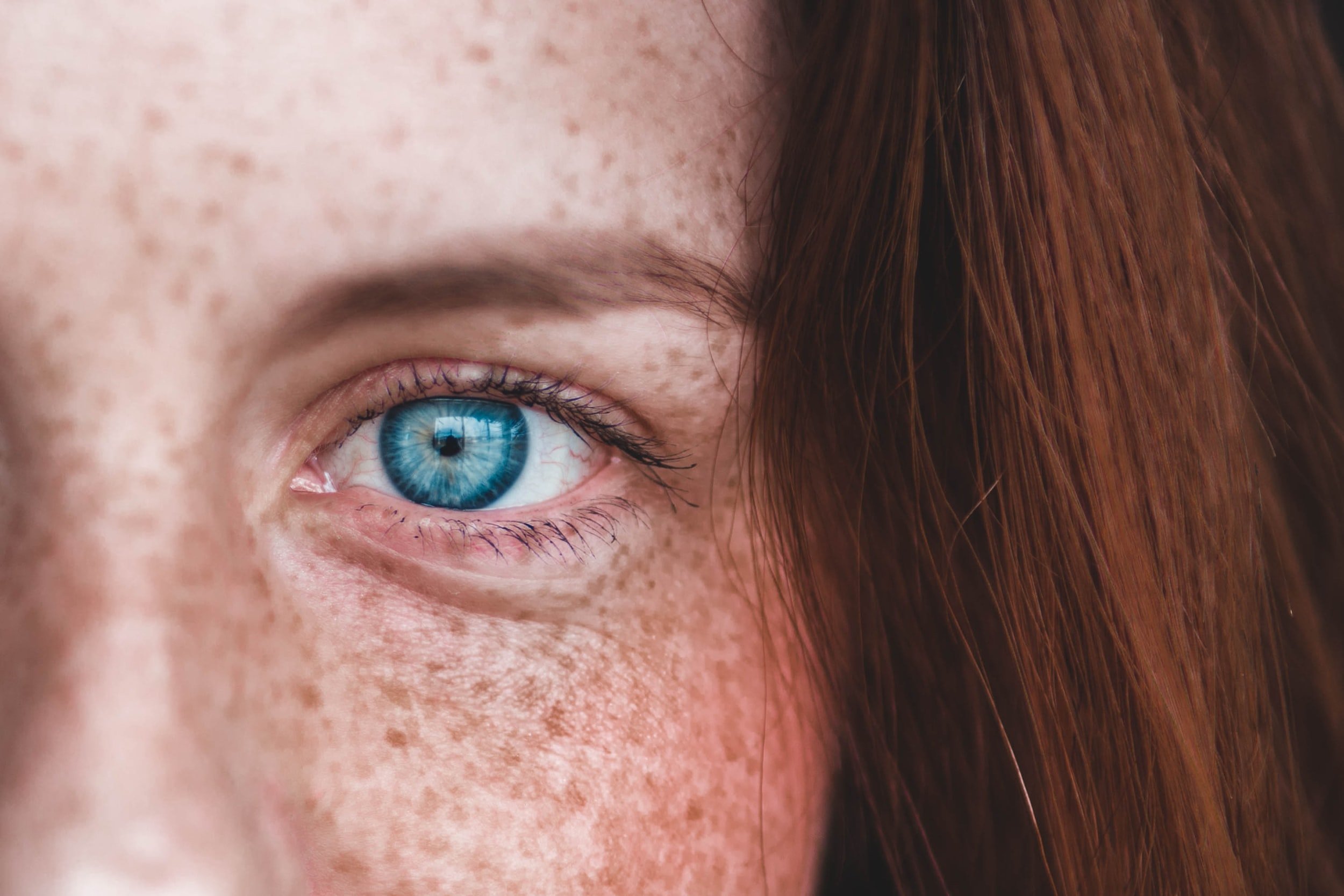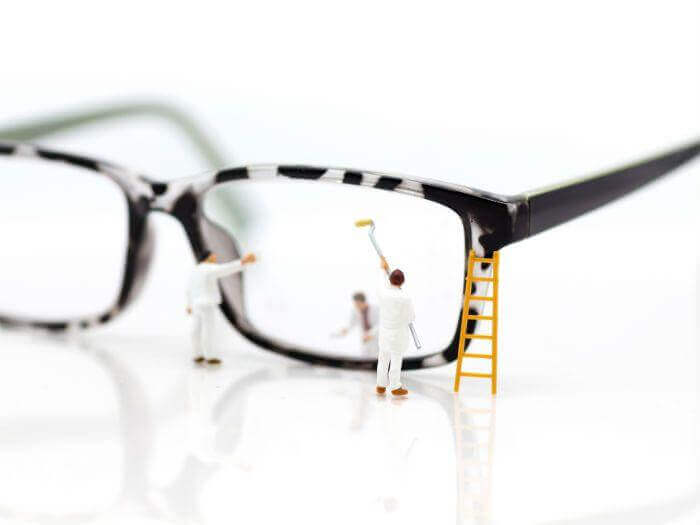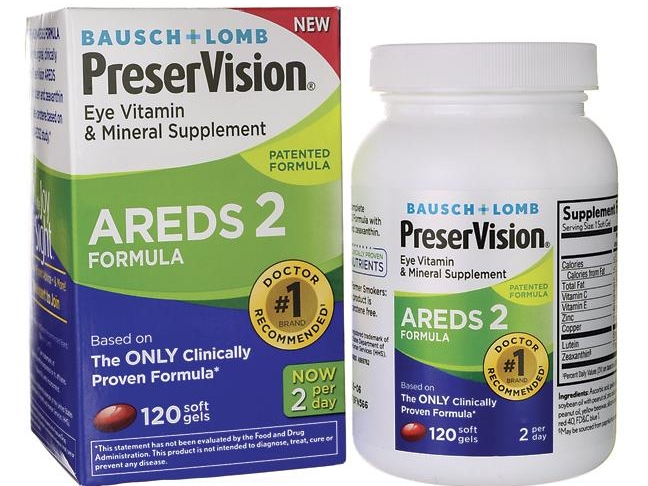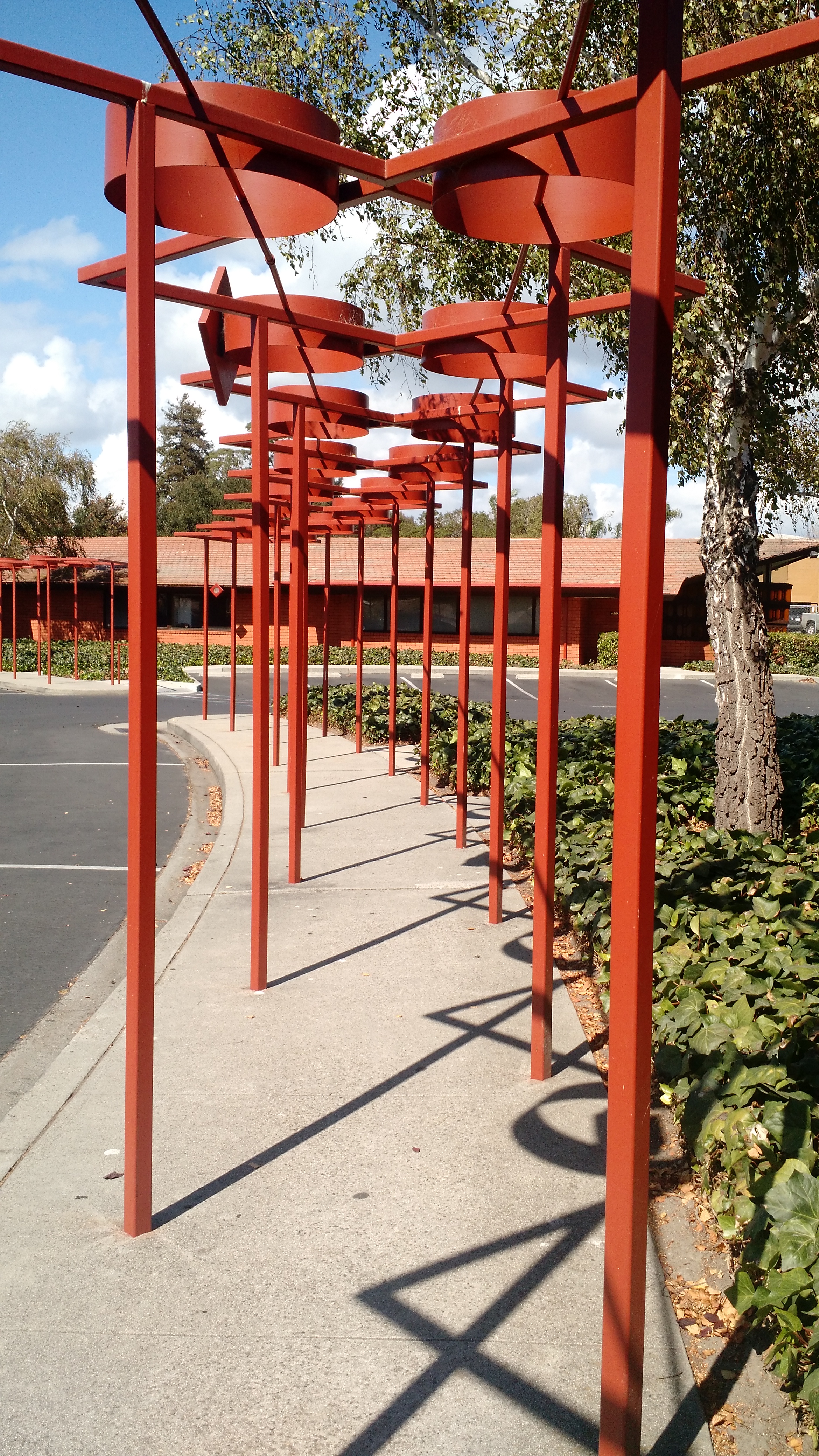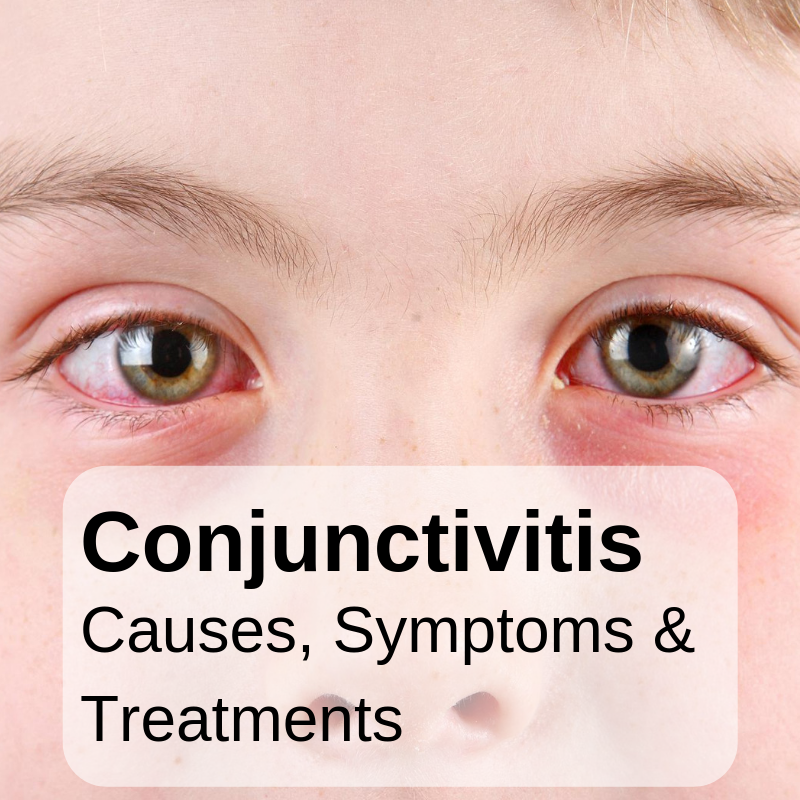Why Have an Eye Exam for Young Children (3-5)
/All children should have a formal eye exam by the age of 5 years.
While most children have their 'eyes checked' by a pediatrician, that does not take the place of a comprehensive eye evaluation by an optometrist. While a pediatrician will provide an screening for decreased visual acuity and severe eye diseases such as retinoblastoma (an eye cancer that can be found in children) they are not able to evaluate the whole visual system.
A first exam by your child's optometrist will look in depth at how the child's eye focuses.
Often times, hyperopia, or farsightedness can be accommodated for by the child and missed at a vision screening. If needed, glasses will be prescribed.
If there is a large asymmetry between the eyes, often a child will exclusively use one and ignore the other which has lasting impacts as the child's eyes continue to develop through the teenage years.
This can be impossible to correct later in the young adult years even with appropriate glasses.
An optometrist will also look at how the eyes work together as a team.
It is important to catch eye turns (known as strabismus) early and prescribe proper therapy or surgery. Like the prescription, this also needs to be addressed early in the eye's development. This will have significant impact on your child's depth perception which will also be evaluated.
The eye health is also a vital part of the comprehensive examination. Your eye doctor will also screen for any problems with the optic nerve, macula and other structures of the eye.
While a pediatric eye check is definitely valuable, at age 3-5 your child should come in for their first exam with an optometrist to confirm that everything is developing properly.
Read further to see how your child's eyes will change as they enter school.




